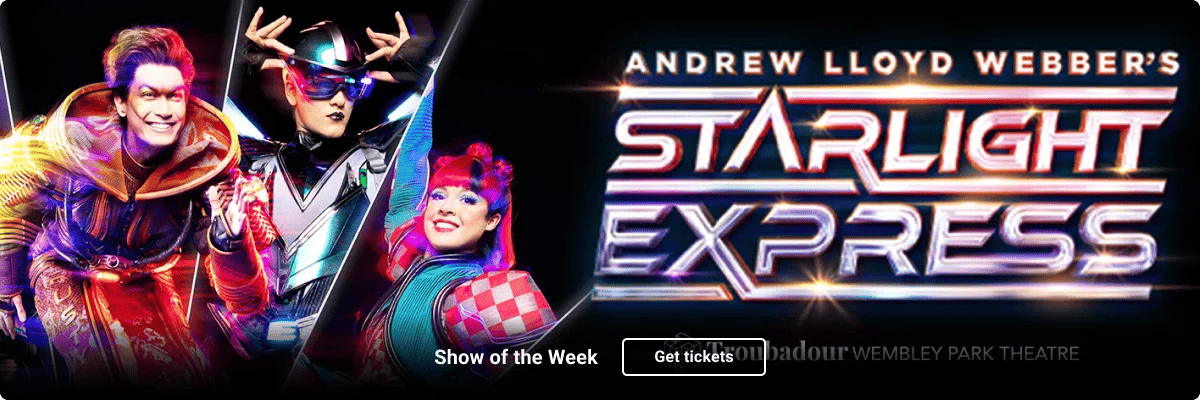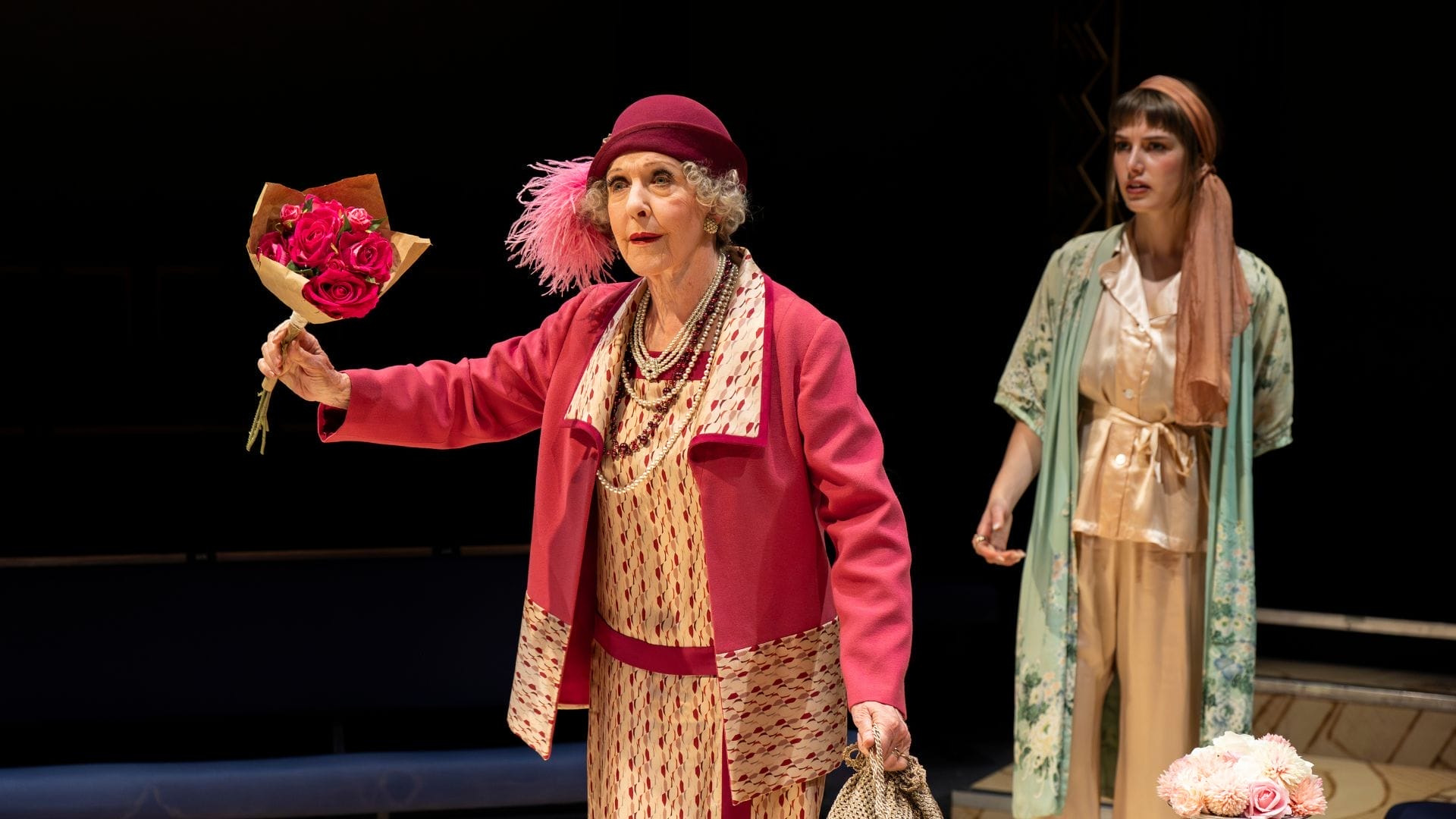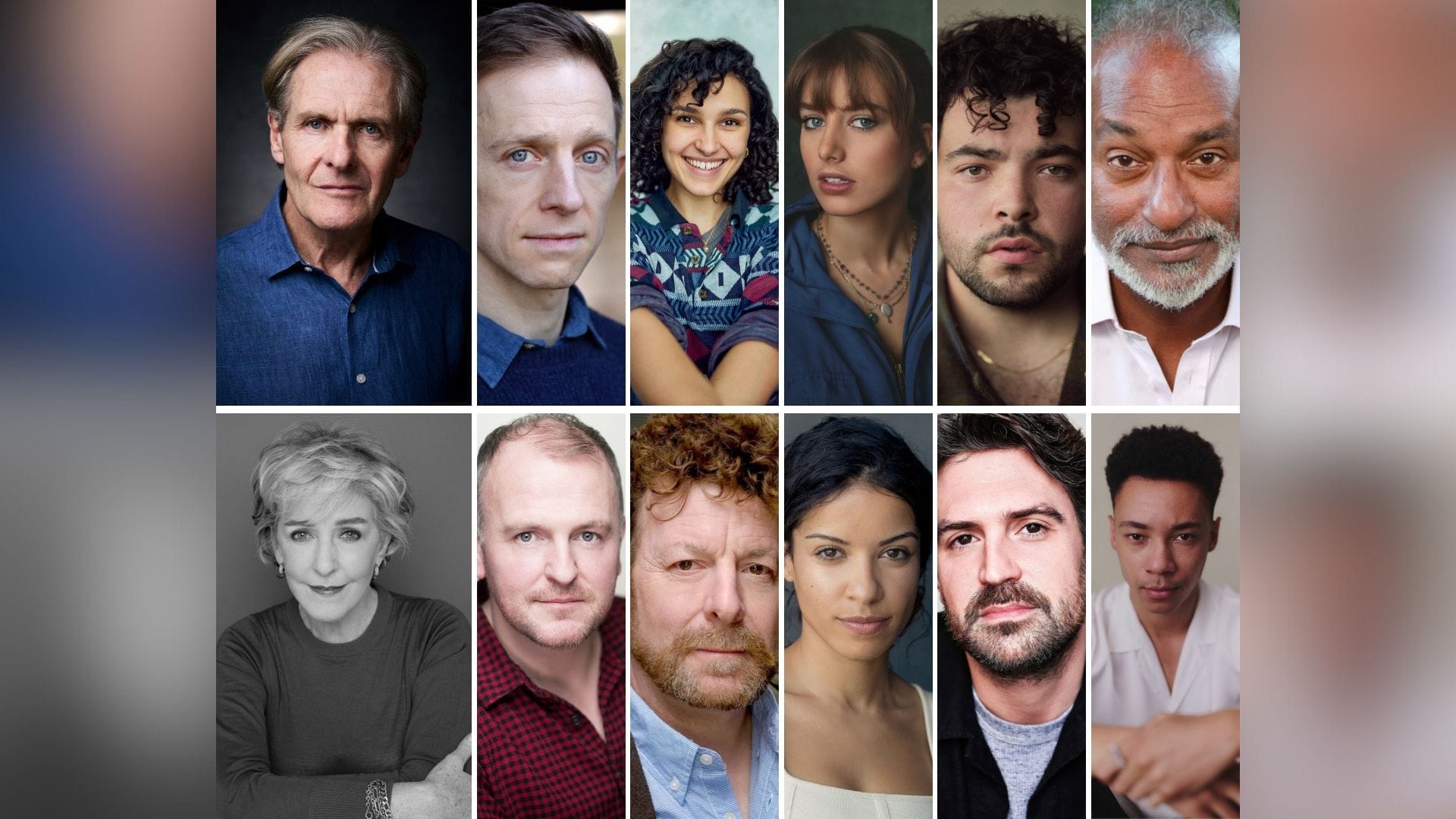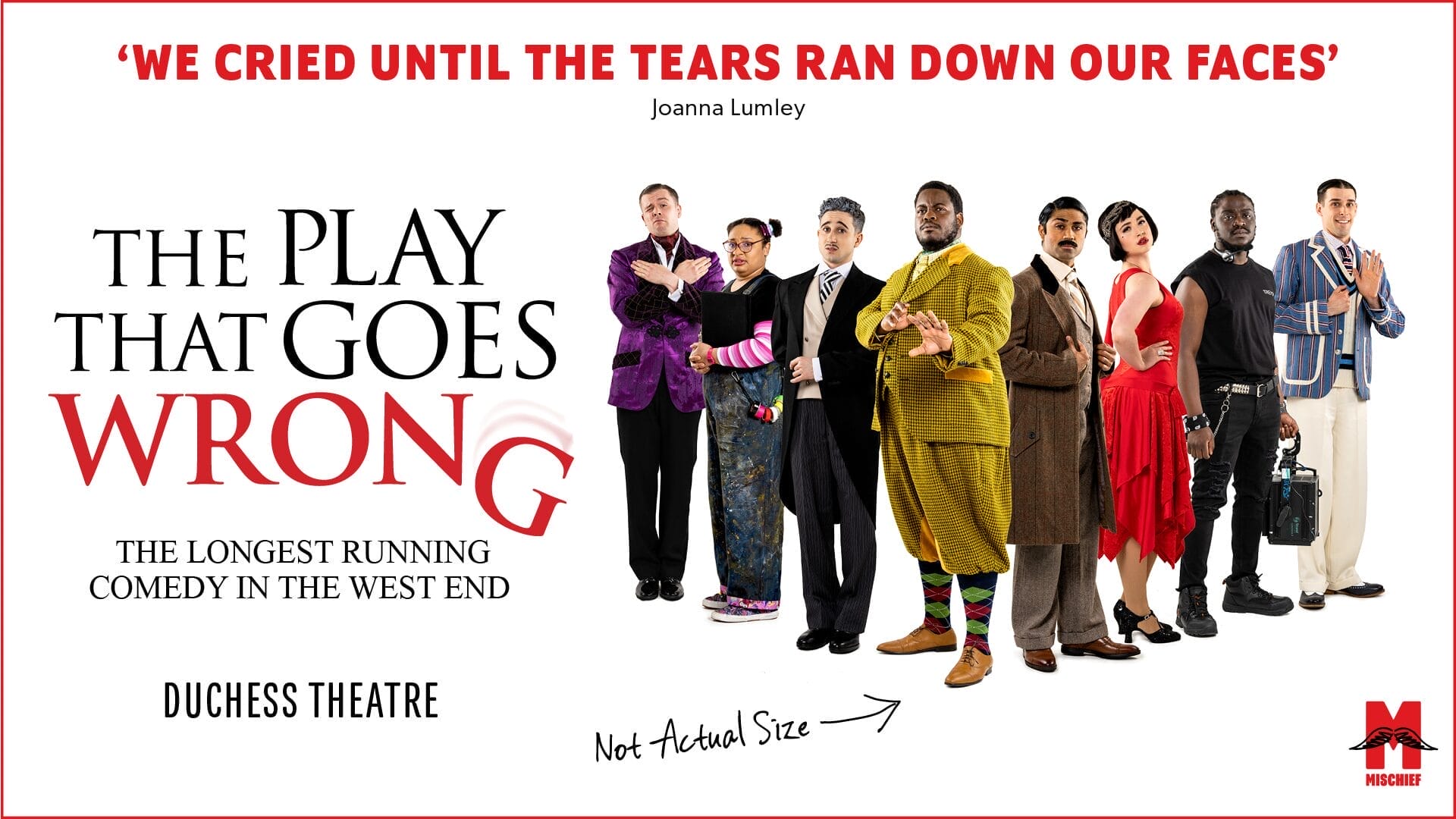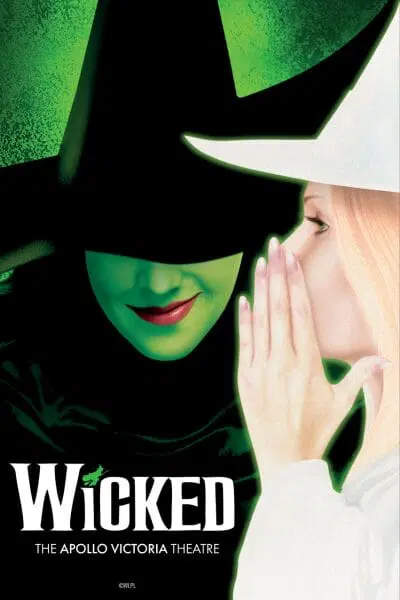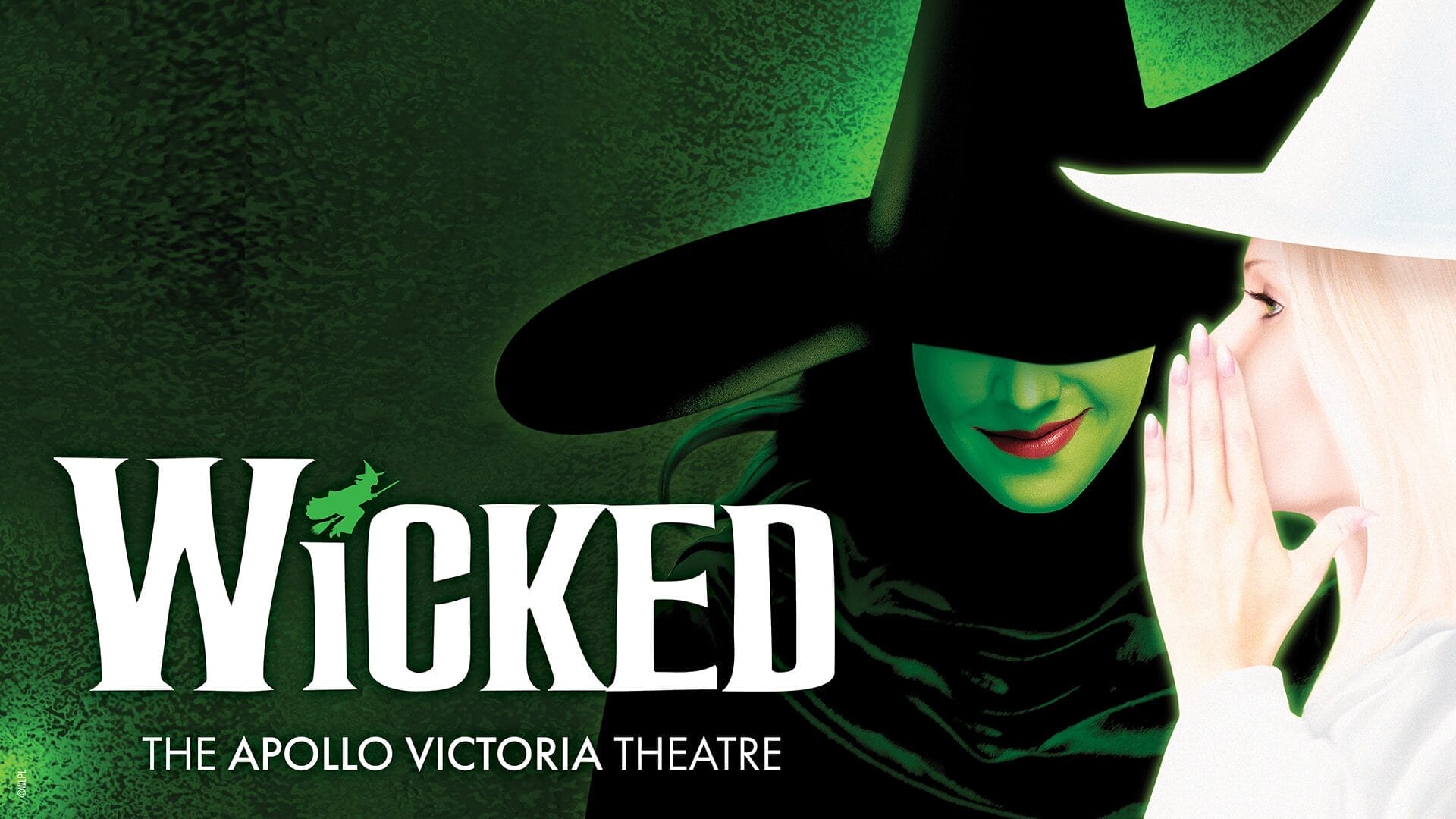 If someone told me there was a Hamlet musical, I’d probably have a nightmare in which the title character suddenly starts to sing “to be or not to be”, completely out of nowhere. For me, Shakespeare and the musical genre seem so widely mismatched. The poetic density of Shakespeare’s verse, especially for plays like Romeo and Juliet, feels quite at odds with musical’s emotional directness.
If someone told me there was a Hamlet musical, I’d probably have a nightmare in which the title character suddenly starts to sing “to be or not to be”, completely out of nowhere. For me, Shakespeare and the musical genre seem so widely mismatched. The poetic density of Shakespeare’s verse, especially for plays like Romeo and Juliet, feels quite at odds with musical’s emotional directness.
But the Bristol Old Vic’s Romeo and Juliet, co-produced with the Belgrade Theatre, thoroughly banishes that nightmare. This musical reimagination of Shakespeare’s most iconic love tragedy, featuring rap, R&B, soul, and perhaps even a hint of neo-acoustic, is at its most compelling when it attempts to weave That’s A Rap’s contemporary lyrics into Shakespeare’s original verse. While the integration isn’t always seamless, A Class’s compositions, brilliantly delivered by a six-piece band and a choir, make up for any awkwardness.
The upper-deck musicians guarantee no terrifying sudden strike of a note. Instead, transitions from speech to song are handled with delicacy: the band gently seeps in, or the choir begins a chant. It is the West End’s Elektra in perfection. Rap works especially well in intense scenes such as the street fight – both embed the “battle nature”. In the meantime, it is also the background music that holds onto emotional subtlety when the spoken words, delivered at rapid-fire pace, risk becoming too blunt and excessive.
Directed by movement director Corey Campbell, the physical ensemble is incredible. The production avoids “stand still and speak” dullness to its maximum, instead adding much psychological and emotional density to characters, such as in Juliet’s potion soliloquy. In many ways, this production feels much like “a Juliet’s play”. Mia Khan portrays an exceptionally multi-layered Juliet: kind, innocent, yet sophisticated. While she’s not short of fear and confusion, at its core, she’s strong-willed and assertive.
This stands in stark contrast to Kyle Ndukuba’s Romeo, whose youthful vulnerability gears so far into immaturity – as if he’s the one of thirteen years old. Though Ndukuba captures Romeo’s sensitivity and lover’s stupidity, his character feels increasingly detached from the central narrative, especially in the colder, darker, and quick-paced second half. As the stakes rise and all characters get more serious, he appears weak and incapable, lying and weeping on the floor while the very motherly female Friar Laurence (Yasmin Wilde) endeavours to work out a plan.
Thus, there’s a terrible misfire for the couple’s central romance. The first half plays like a tale of innocent, youthful romance, where the tension between the Montagues and Capulets feels relatively subdued. The second half, however, fails to showcase the couple’s bond within that tension. Other than two star-crossed lovers deeply entrenched and trapped in their cruel fates, their red-thread seems to be sustained more by their reckless devotion to the idea of love, than by their genuine love of seeing and understanding.
The climatic tomb scene features Simon Kenny’s stunning design, where the semi-circular back tiers are lit by warm yellow-orange lights and flickering candlelight – a combination of the luxurious beauty of Thalia Theater’s rendition and Rebecca Frecknall’s countless candles. Sadly, instead of lifting such sensation to a hallmark of ultimate aesthetic sublimity, the play ends up with Benvolio’s (Andre Antonio) bizarre political call to action, followed by an abrupt blackout. While I am open, and even entertained to see Nigel Farage’s footage (Barret Hodgson), or to join the interactive “votes” during the interval – harmless to the whole – Benvolio’s final plea sounds hollow and didactic, disrupting and undercutting everything the production aspires to build in the last two hours.
Listings and ticket information can be found here.

